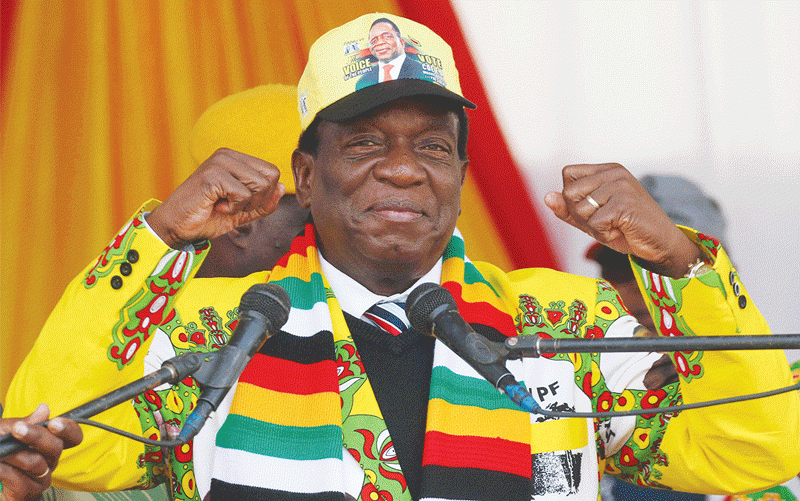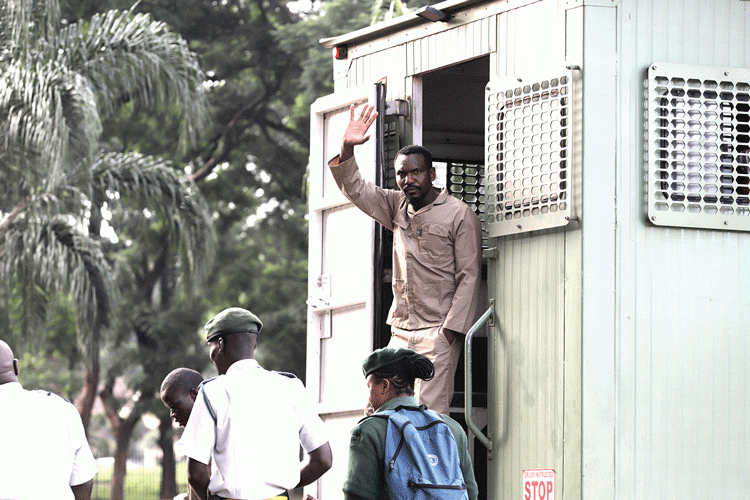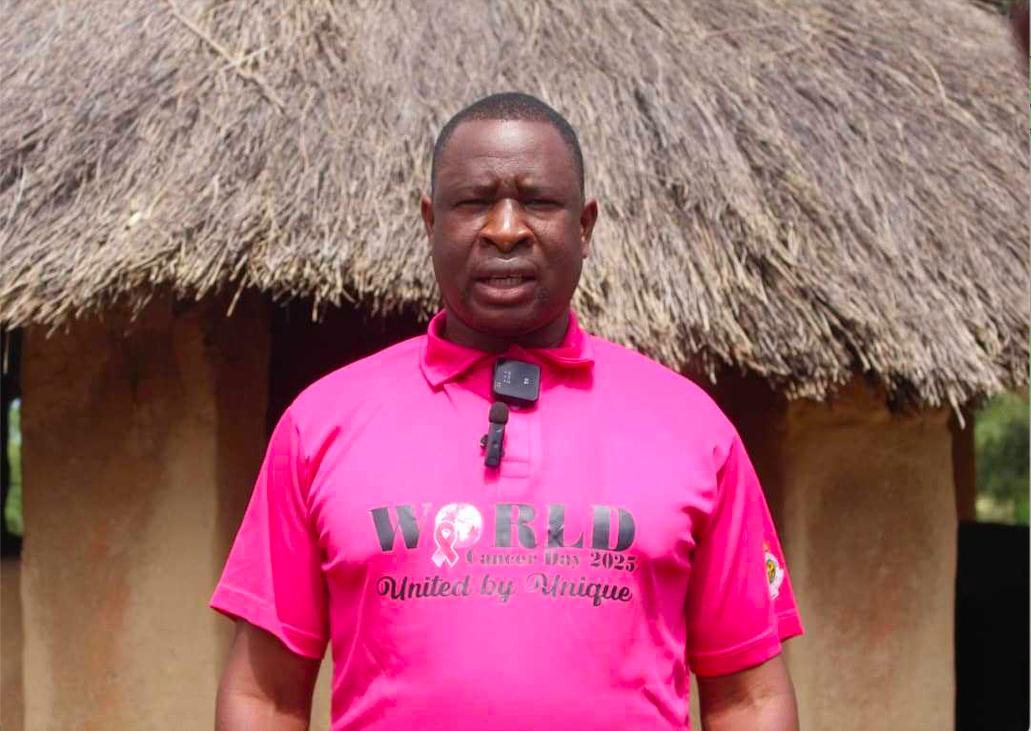PRESIDENT Emmerson Mnangagwa has yielded to pressure and revoked the appointment of Zimbabwe Defence Forces (ZDF) commander General Valerio Sibanda as an ex-officio member of the Zanu PF politburo.
The appointment of the decorated general to the governing party’s structures while still serving as the ZDF chief was met with criticism, with many arguing that the move was in violation of section 208(2) of the Constitution, which prohibits serving officers from engaging in active politics.
The government’s spin doctors and an army of social media trolls under the Varakashi umbrella gloated that the appointment was in order and not in violation of the supreme law of the land.
As pressure mounted, Mnangagwa was on Friday served with a notice to be sued over the appointment.
In a statement on Saturday, Mnangagwa’s spokesperson George Charamba said the appointment of Sibanda had been deferred.
Charamba further indicated that the position would be “reviewed at the expiry of General Sibanda’s term” as a senior serving officer at the helm of the ZDF.
“This deferment of the appointment resolves the apparent conflict with the country’s Constitution which regulates the conduct of serving members of the security forces,” Charamba said.
However, the horse had already bolted by the time they tried to close the stables three weeks later. Sibanda’s name has already been soiled because the appointing authority chose to ignore the Constitution.
Mnangagwa is a trained lawyer, and he is surrounded by a team of lawyers in his Cabinet and in the party’s politburo.
How they failed to note the implications of Sibanda’s appointment remains a mystery. It raises fundamental questions.
Are Mnangagwa’s advisers setting him up for failure? Does President Mnangagwa listen to advice, or it is a one-man band? Was this part of Mnangagwa’s grand plan to “butcher” the Constitution? Only Mnangagwa has the answers.
What is worrying, however, is that the gaffes are coming one after the other.
In September, Mnangagwa was forced to rescind the appointments of Nokuthula Matsikenyere and John Paradza as ministers after exceeding the threshold of those that can be appointed without being MPs or senators.
Paradza had a pending by election, which, he, however, won recently. But Mnangagwa had already been embarrassed by the gaffe.
The Constitution allows the President to appoint seven non-constituency lawmakers as ministers.
In May, Mnangagwa was forced to withdraw General Notice 635 of 2023 which had been promulgated to shield from public scrutiny the procurement and disposal of certain goods by the Health and Child Care ministry.
In 2017, Mnangagwa appointed seven non-MPs as ministers instead of five that was then stipulated in the Constitution. He was also forced to withdraw the appointments.
The net effect of the gaffes is that they create uncertainty at a time when Mnangagwa’s administration is projecting itself as reformed and eager to be friends with all and enemy to none.
Mnangagwa must put a stop to these illegalities. It cannot be business as usual in his second and final term.
He should stick to the Constitution.





